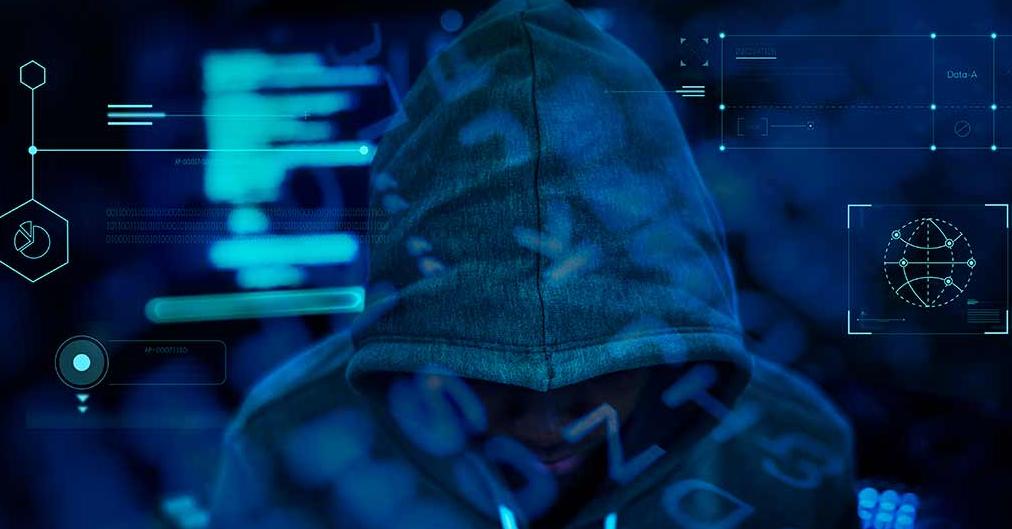Quantum physics is, for most, a mysterious, unknown and even futuristic branch of science. But the reality is that it has been part of our daily lives for a long time, and if it were not for its discovery it would not have happened with electronics, which allows us, for example, to have computers or mobile phones, nor with lasers, nor with electron microscope, to mention some of its most popular applications.
And in recent years, its advances began to focus on cybersecurity. Founded in 2021, in Castelldefels, Barcelona, the company LuxQuanta has developed a quantum encryption method called continuous variable QKD, which encodes signals creating an ultra-secure communications network and makes intrusions by hackers impossible.
Vanesa Díaz, CEO of LuxQuanta, explains that the objective of this quantum key distribution system is “to protect the information in transit that we send every day and it is increasing. Instead of using a key that depends on the user’s ability, we hide the information using a key whose security consists of solving a mathematical problem.
Nowadays, data encryption requires the exchange of secret keys between users, and its strength lies in complex mathematical functions or algorithms, very complicated to solve for a current computer, but which will become highly vulnerable as soon as computers exist. quantum computers with sufficient capacity to process the data.
“Now there is a real fear that a quantum computer will reach sufficient capacity to hack any key,” Díaz tells Crónica Global. Therefore, these new systems seek to combat the capacity of quantum computing with quantum keys. Especially in critical sectors such as banking, administration, telecommunications operators and cybersecurity.
Technically, NOVA LQ, which is the name given to this system, involves the installation of two machines weighing several kilos and 19 inches wide in each rack or end of a fiber optic network that is to be protected.
One of its main advantages is that it can be integrated into conventional communication networks, but it also has a low cost and significant market potential. The prototype was launched in February and is already being tested in real scenarios, with one requirement: that they do not exceed a distance of about 40 kilometers.
At the moment, this hardware is designed “by hand” in the laboratories of the ICFO, the Institute of Photonic Sciences, a research and training center for optical sciences and technologies from which LuxQuanta has been established. But the startup is already planning its production on an industrial scale, thanks to the investment of two leading corporations in the sector, such as GTD and Corning.
Only four companies in the world
Both the European Union, through the EuroQCI initiative, and other countries such as China, are looking for a way to protect their communications through quantum computing.
But the reality is that, globally, there are only four manufacturers of this technology and LuxQuanta is currently the only supplier on a European scale with a commercial system.
The EU, with the aim of protecting digital communications and guaranteeing its sovereignty and technological independence, has already recognized LuxQuanta’s developments, granting it the coordination of the QUARTER project. This initiative, in which companies from France, Holland and Germany will also participate, is aimed at achieving the industrialization of the QKD technology developed by the Spanish company.





Leave a comment